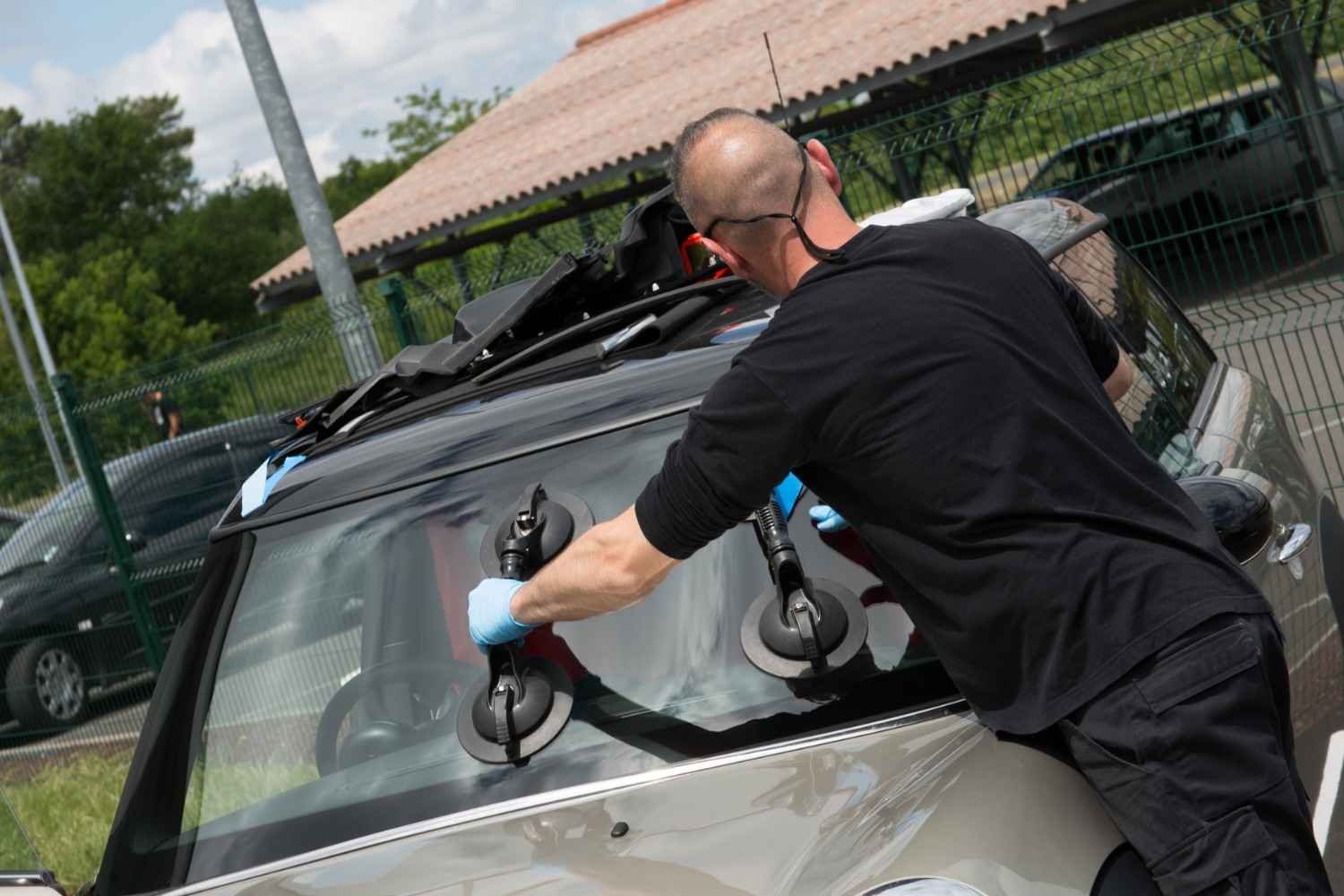When it comes to fixing a cracked or chipped windshield, vehicle owners are often faced with a dilemma: should they opt for a Do-It-Yourself (DIY) repair kit or seek professional service? This decision is not just about the immediate cost; it also involves considerations of quality, safety, and long-term value. In this blog, we’ll dissect both options, comparing the costs and outlining the pros and cons to help you make an informed decision.

DIY windshield repair kits are widely available at auto parts stores and online retailers. They typically include a resin adhesive, an applicator, and sometimes a curing device that uses sunlight or UV light. The cost of these kits ranges from $10 to $20, a fraction of what you might pay for professional repair services.
Cost-Effective: The most obvious advantage is the cost. DIY kits are considerably cheaper than professional services.
Convenience: There's no need to schedule an appointment or leave your car at a repair shop. You can do it at your convenience.
Potential for Further Damage: Without the proper skills and tools, there's a risk of exacerbating the crack or chip on the windshield.
Quality of Repair: The quality of repair with a DIY kit often falls short of professional standards. Incorrect application can lead to poor results.
No Guarantee: Most DIY kits don’t come with a warranty or guarantee. If the repair fails, you’re back to square one.
Potential for Further Damage: Without the proper skills and tools, there's a risk of exacerbating the crack or chip on the windshield.
Professional auto glass repair services typically have trained technicians who use advanced tools and high-quality materials. The cost for professional repair can range from $60 to $100 for a chip and $150 to $300 for a crack, depending on the size and depth.
Quality and Durability: Professionals use superior resin and have the expertise to ensure the repair is durable and aesthetically pleasing.
Warranty: Most professional services come with a warranty, giving you peace of mind.
Safety: A correctly and carefully repaired windshield maintains the structural integrity of the vehicle, crucial for passenger safety.
Higher Cost: The primary downside is the cost, which can be significantly higher than a DIY kit.
Inconvenience: You may need to schedule an appointment and leave your car at the service center.
DIY Repair Kits: $10 - $20
Professional Repair: $60 - $300
At first glance, DIY kits seem to be the more economical choice. However, the long-term costs should also be considered.
Potential for Re-Do: A failed DIY repair could mean you’ll eventually need professional repair, doubling your costs.
Impact on Resale Value: A poorly done repair might affect your car’s resale value.
Safety Risks: Compromised windshield integrity can have serious safety implications.
Size and Location of Damage: Small chips away from the driver’s line of sight might be suitable for DIY repair. Larger cracks or those in critical areas should be professionally repaired.
Your Skill Level: If you’re handy and have a good understanding of the repair process, a DIY kit might work for you. Otherwise, it’s safer to go professional.
Time Factor: If you need a quick, temporary fix and don’t have time to visit a professional, a DIY kit can be a stop-gap solution.
Your auto insurance policy may cover windshield repair. In many cases, insurance companies prefer to cover the cost of repair over replacement due to the lower costs. Check your policy to see if you're covered and whether it makes more financial sense to go through your insurance for a professional repair.
While DIY kits are undeniably cheaper, they can’t match the quality and durability of professional repairs. The decision should be based on the extent of the damage, your skill level, the time you have available, and your budget.
While DIY windshield repair kits offer a low-cost solution, they come with their limitations and risks. Professional services, while more expensive, provide quality, durability, and safety that a DIY kit cannot guarantee.
Your choice should depend on careful consideration of the damage, your abilities, and what you value more - immediate cost savings or long-term quality and safety. Remember, your windshield is a critical safety component of your vehicle, and its integrity should never be compromised